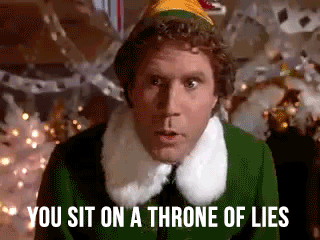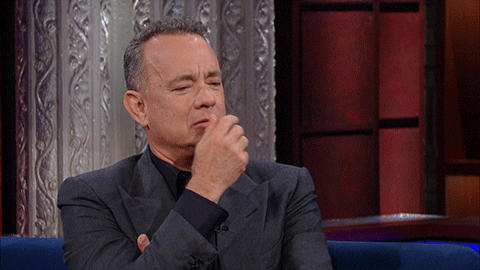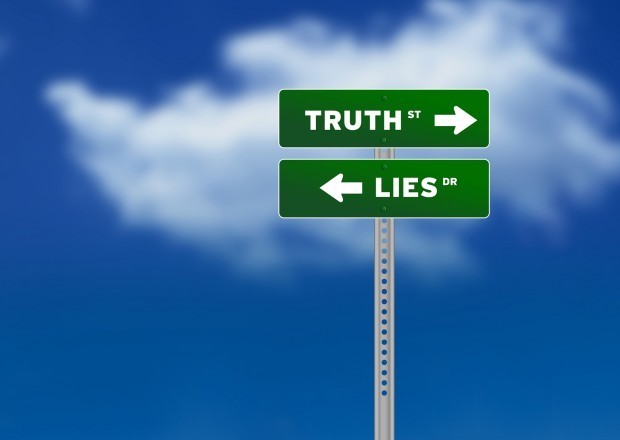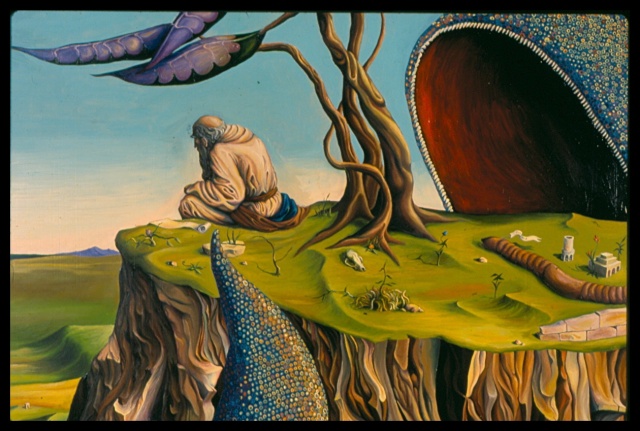As a reader of Cat’s Cradle by Kurt Vonnegut we are interpellated, or asked to play a certain readerly role before the story even begins. The prologue craftily welcomes us with the statement, “Nothing in this book is true.” This challenges its readers to decide whether they will in fact leave their beliefs behind and submit to the text, living by the foma, or “harmless untruths” of Bokononism (prologue).

On page 1, we are introduced to the narrator who invites his readers to call him Jonah although his birth name is John. My belief is that he is referred to as Jonah modeled after the Prophet who is sent by God to prophesy the destruction of Nineveh. In a way, Jonah is beckoning his audience to heed his warning in questioning their beliefs before it is too late. If the reader chooses to believe him, they will survive and have life through him.
According to James Seitz, we must “attend to the relationships that readers create between themselves and the emerging possibilities which they anticipate in the text” (148). In other words, in order to understand the rhetorical dimensions of the text we must predict the ways in which an addressee may react to the text. By examining the rhetorical dimension, we see that Jonah as the narrator is specifically addressing someone. Who could this addressee be? By presenting the book as lies, we know that the addressee is encouraged to question everything that is presented. Which heavily aligns with our network of controlling values that we created in Blog 1 (Link). Numerous times throughout the text we are introduced to characters who go about life without questioning things. For instance, on Page 25 Jonah, the bartender, and a young woman named Sandra are discussing how Dr. Hoenikker was the guest speaker at her commencement.
He said science was going to discover the basic secret of life someday,” the bartender put in. He scratched his head and frowned. The conversation continues with the bartender stating that he read in the paper that scientists had finally worked out the answer.
“I missed that,” I murmured.
“I saw that,” said Sandra. “About two days ago.”
“That’s right,” said the bartender.
“What is the secret of life?” I asked.
“I forget,” said Sandra.
“Protein,” the bartender declared. “They found out something about protein.”
“Yeah.” said Sandra, “That’s it.”
The bartender and Sandra do not seem to question this answer even though it seems very odd. What about protein could make it the basic secret of life? If it is the great truth, then what does it mean? This reaction is making a statement about how many times we are told things in life, especially from those who hold the position of power, and we just accept them as the truth.

In conclusion the addressee that Jonah is addressing is the reader who believes everything they are told to be the truth. The narrator is almost reminding the addressee to live life for the chase of the answer and not finding the answer itself. If the answer to the great truth was truly revealed, then the search for the answer would end. Just as my group leader Laura points out that “the ruler of San Lorenzo can never get Bokonon because that would end the hunt for Bokonon.”
As a reader being introduced to this new type of religion that is based on lies, our typical way of thinking gets disturbed. It forces us to question everything that we are told and not just accept it as the truth. Also by witnessing the interaction between the narrator and addressee unfolding in front of you, you realize how believing a harmless lie could be more beneficial than facing the hard truth.
Cover photo image link
GIFs from Giphy.com


I like your ideas about how Jonah could be like the biblical Jonah, I had never thought about that.
I think that Cat’s Cradle is Jonah doing what Bokonon wrote. When Newt and Jonah found him on the side of the road he handed them the final page of Bokonon, he wrote that “I would write a history of human stupidity,” which feels like what Jonah has done;
“and I would climb to the top of Mount McCabe and lie down on my back with my history
for a pillow; and I would take from the ground some of the blue-white poison
that makes statues of men; and I would make a statue of myself” (287).
Jonah and Newt were on the way to the mountain, and previously Jonah was complaining that he had no symbols to plant on its peak (286). I think that he would make himself a symbol, he is the younger man that Bokonon can not be.
To me this would make the addressee someone who has found the book under Jonah’s head, or meant to be for this kind of person. In a world of Ice-nine I think that I would be looking for something to believe in, maybe Bokononism would be it.
LikeLike
Nice blog Brittany!
Jonah is the narrator. I like Nicole’s theory, and I have a possible other one. This novel that we’re reading, is Jonah’s now completed book “The Day the World Ended”. We are led to believe that it is about the people involved in the Hiroshima bombing, but through Jonah’s quest to collect info, he is actually telling us the true story of how the world actually ended. Bokononism has a big part to play in the story, as a lot of the characters believe in it, and Jonah himself eventually takes it up. He mentions that the book was “to be factual”. As we know, Bokononism is built on lies. I think this is a hint that the event is not entirely true, and is just a way to explain how the world has ended. I think Jonah is writing the book long after the events of it take place, and that he is a full on Bokononist. That’s why he says he was a much younger man when he began collecting materials for the book- it was chonologically earlier, and he was young in the ways of Bokonon.
Since the world ended, there is probably only one copy of Jonah’s now complete book. I think the addressee, as Jonah would like it to be, is someone who finds the book and is interested in learning how the world ends. Since it is not factual, they might not learn what really happen, but the novel will be a gateway to Bokononism. Maybe the book is actually a way to convert people to the religion through a not entirely factual account of the end of the world.
-Alex
LikeLike
Beginning with the direct comparison of Jonah, the clear narrator of this story, to the Jonah as seen in the bible is an incredibly strong way to begin your analysis, and I commend you for that. The parallels between the two are far too incredible to be a simple coincidence, and it was obviously a very intentional tool utilized by the author. Furthermore, considering both Jonah’s intended roles as people who convince others that what they believe is actually a lie, it goes to follow that the audience can cover a very wide range of people within and outside of the narrative who believe so strongly as to forsake their own ability of critical thinking, or thinking for themselves at all.
You could have, perhaps expanded on these ideas a bit more, particularly when you bring up the wider audience outside of the text who believe everything they are told, so long as it comes from someone of a higher position than themselves.
LikeLike